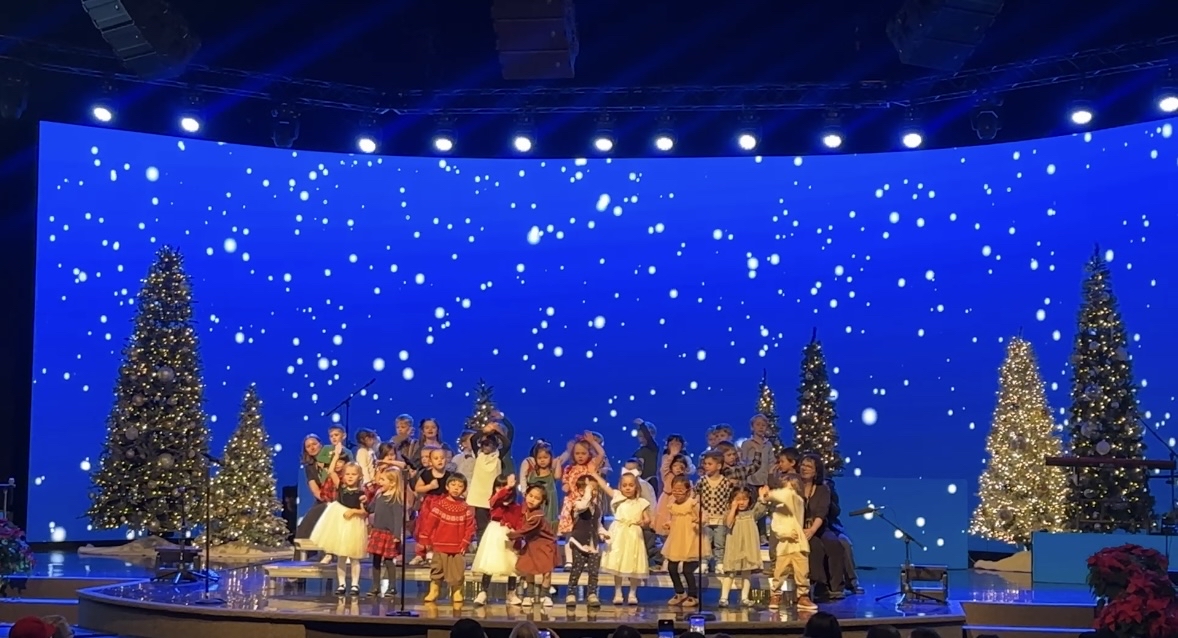Fall is right around the corner which means so is back to school! With back to school so close, it’s good to be on the look out for signs that your child may be struggling in school this year. There are several reasons a child may struggle in school.
Children confront social challenges in school, academic challenges, and may be trying to learn with an unknown or undiscovered learning disability. Some kids may struggle with peer relationships, such as cliques and bullying or finding where they belong in a friend group. Academic problems may also be a symptom of a change in circumstances, including problems at home or a traumatic experience. Here are some ways you can help your child in school and where you can go for additional support.
Signs Your Child May Be Struggling
There are several signs that your child may be struggling with or in school. One of the signs that a child may be struggling is they may refuse to go to school. If your child isn’t doing well in school or having difficulties with peers, they may dread getting up every morning to go to school and not want to go (Linnell- Olsen). They may also spend hours on homework, getting nowhere and then give up in frustration at the end of the night. Finally, kids may become more withdrawn socially because they feel embarrassed about how they are doing in school. These are just some examples; every child is different and will exhibit behaviors differently. Some other signs a child may be struggling are refusing to talk about school, your child has an attitude change about school, poor grades, and misbehaving at school (Linnell- Olsen).
Educational Support for Children in Care
There are so many resources for children who need educational support in school it may be difficult to know where to start. Here are some resources for children of different ages.
Kindering
For children 0-10 years old, Kindering is a wonderful service. Kindering offers therapies and early learning programs for children with developmental delays, as well as support for the whole family.
Some of their specialties include early learning, family support, toddler preschool, speech and language therapy, occupational therapy, and early support services. For their Early Learning and School Readiness they provide virtual services, Parent and Child services, consultations, and many more.
Treehouse
No matter how old your child is, Treehouse is a great resource. Treehouse is a Nonprofit Educational resource for foster students. They have a Resource Center, Academic Resource Center, and their local Depot. The Resource Center is a list that Treehouse has a list of information and resources for youth in foster care, caregivers, and educators. These resources are for Pre-K through High School students, students getting ready to go to college, and family support. Treehouse’s Academic Resource Center “provides information for caregivers, school staff, school enrollment, school discipline and special education, high school graduation, college & careers, and free online tutoring” (Treehouse). Finally, Treehouse has a Depot. A location or store front for kids enrolled in their program to get school materials, such as backpacks and supplies, and clothing for the school year.
Seattle Angels
Seattle Angels is a wraparound service that provides both emotional and tangible support through their Love Box program and educational support and mentorship through their Dare to Dream program. The Love Box program pairs volunteers with foster families and provides a physical box filled with food, toys, and other items for the entire family, including any bio kids in the home. Seattle Angels’ Dare to Dream program is a mentorship program that pairs mentors up with foster kids who provide advice, encouragement, and a supportive community.
Individualized Education Program
If your child is in public school and needs more educational support, you can talk to their teacher to see if they need an Individualized Education Program (IEP). The purpose of an IEP is, “to lay out the special education instruction, supports, and services a student needs to thrive in school” (Belsky). IEPs are available from PreK to 12th grade. IEPs are legal documents that lay out ways to educationally support your child, “even before they attend school, babies and toddlers can get services through early intervention. Once kids turn 3, they can get an IEP through their local public school district” (Belsky).
Northwest Education Access
The last resource is the Northwest Education Access (NEA). The Northwest Education Access is formerly known as the Seattle Education Access. The NEA provides, “individualized guidance, connections to resources, and financial support low-income young people need to earn higher education degrees” (Northwest). We specialize in serving students facing profound barriers to higher education such as unstable housing, parenting, being an immigrant or refugees, or not having completed high school. The child is matched with one advisor that stays with them through their entire educational career.
If you have any questions about any of these services or any other educational support services, please feel free to reach out to Info@citymin.org.
Jenai Pamer, MICD
Case Manager
Sources:
-Linnell- Olsen, Lisa. 7 Warning Signs Your Child Is Struggling in School (verywellfamily.com)
-Treehouse “Treehouse – Nonprofit Serving Youth in Foster Care (treehouseforkids.org)”
-Belsky, Gail, “What Is an IEP (understood.org)”.
-Northwest Education Access, Northwest Education Access (nweducationaccess.org)



